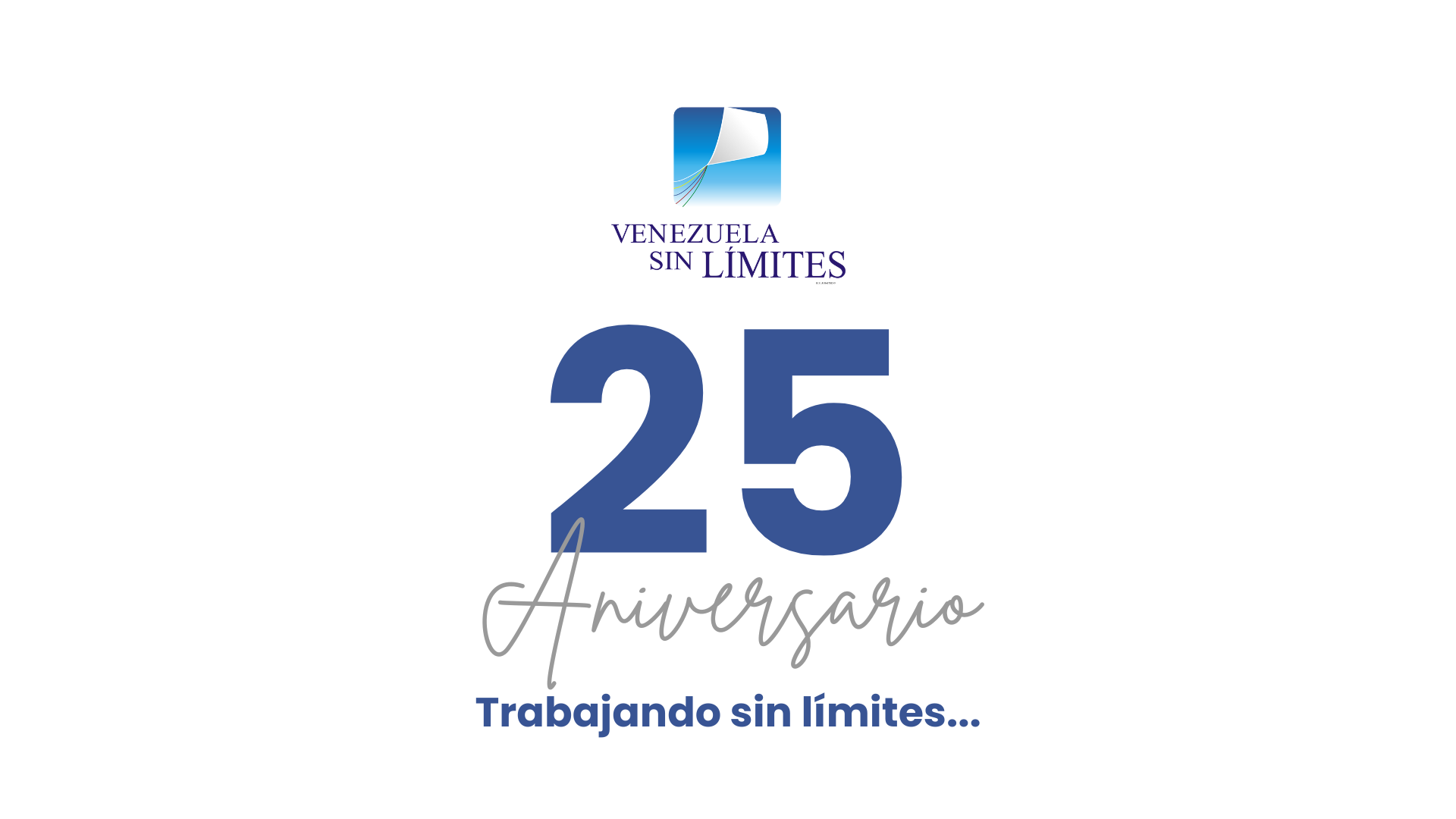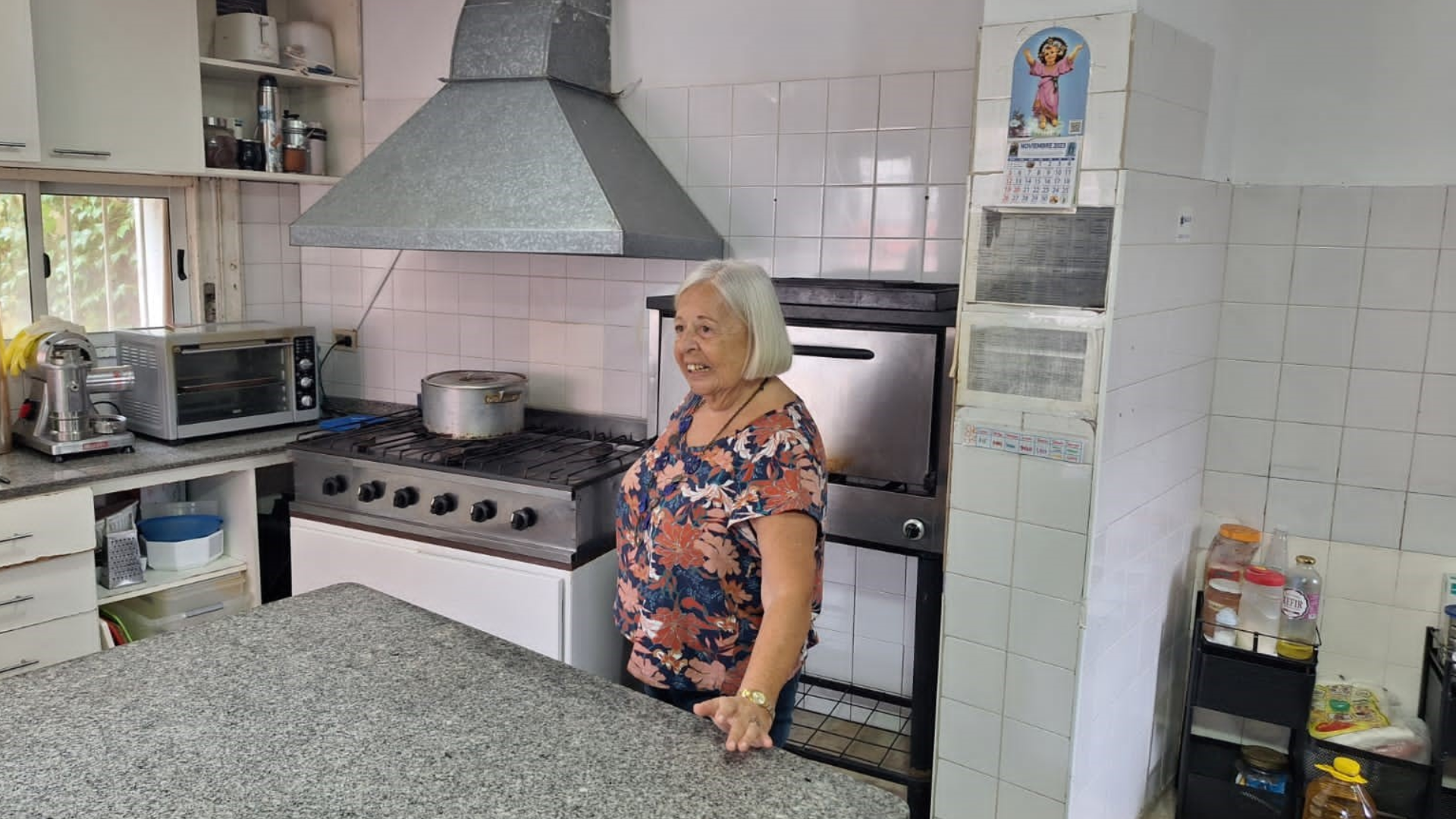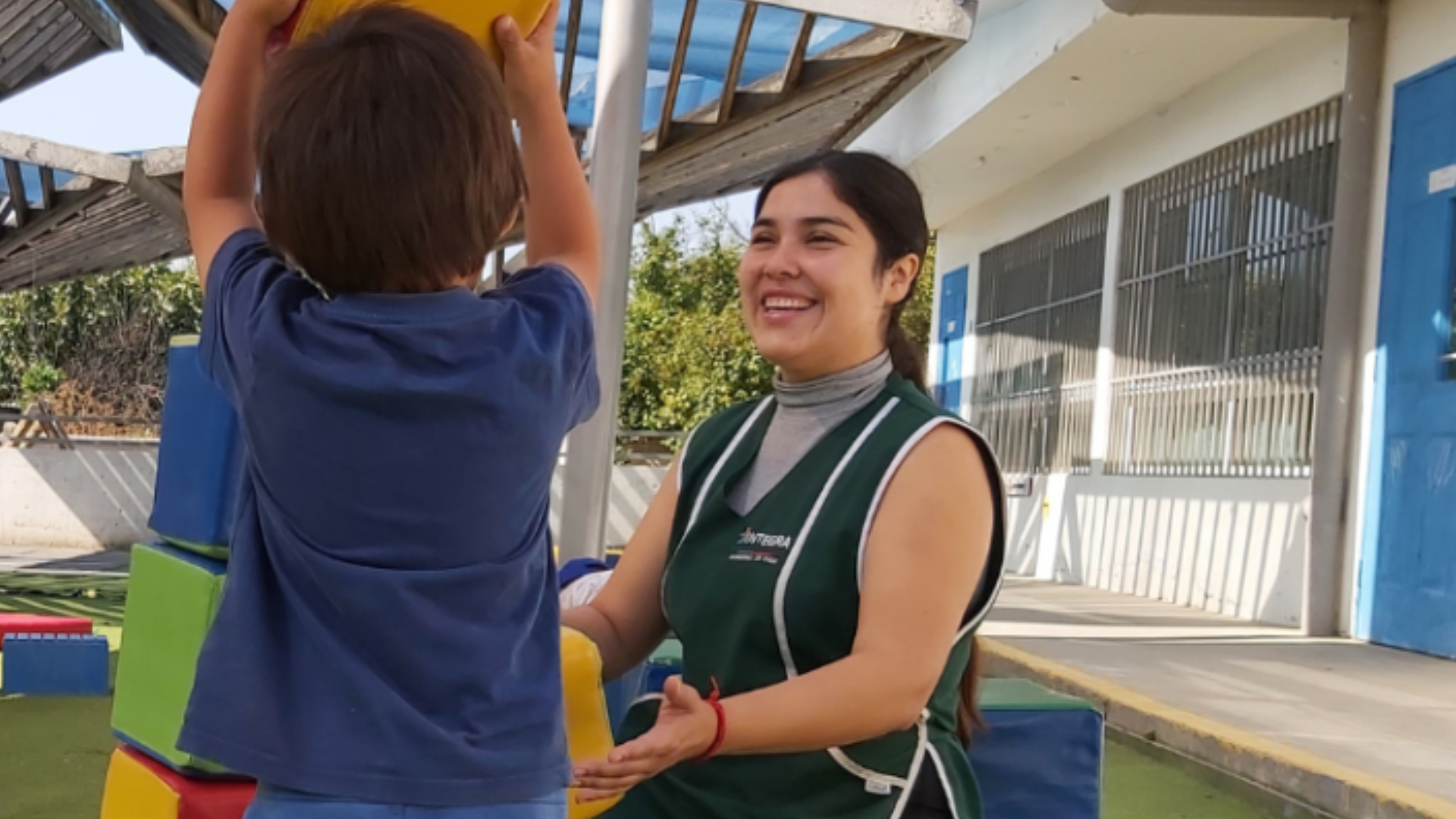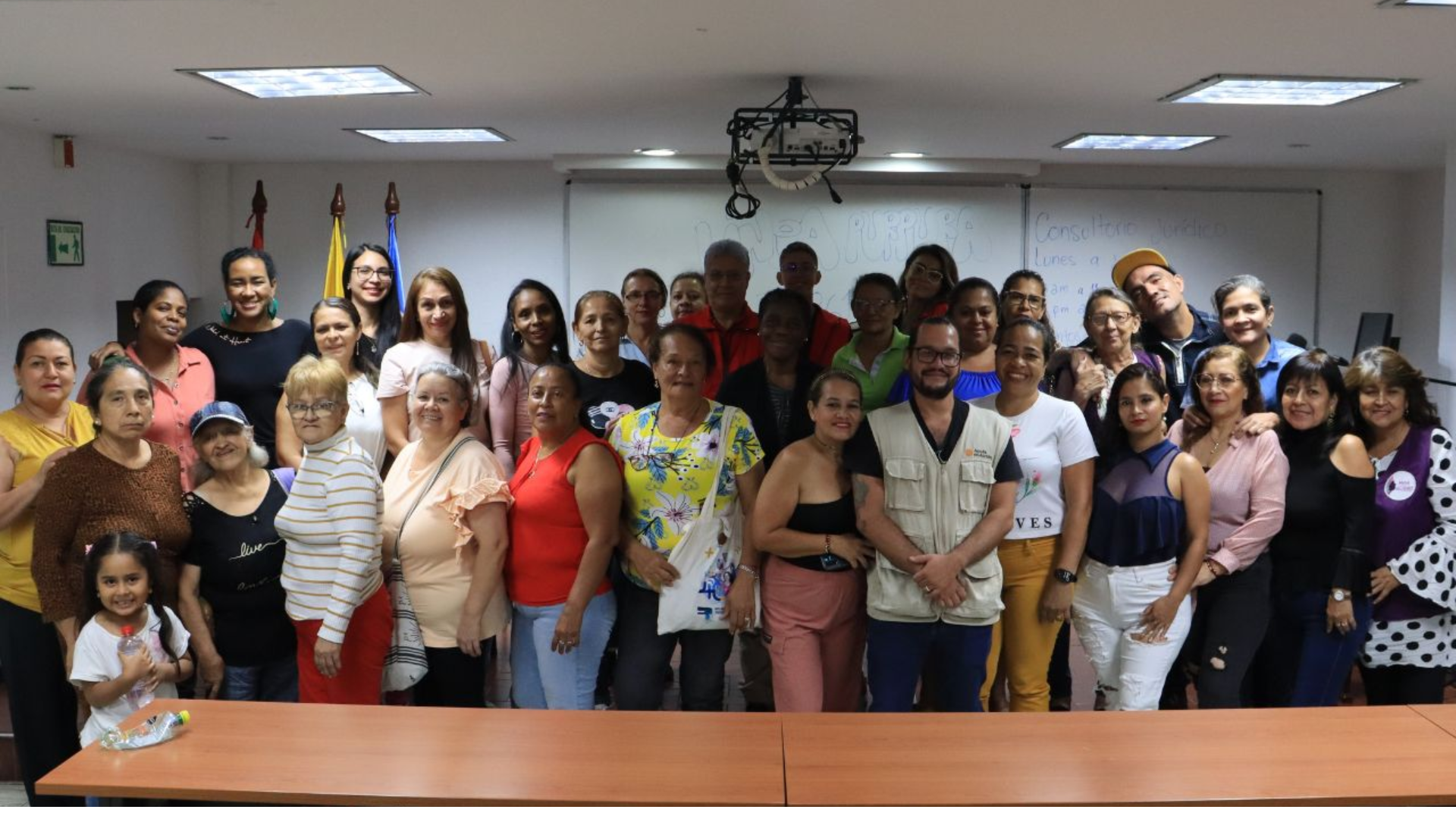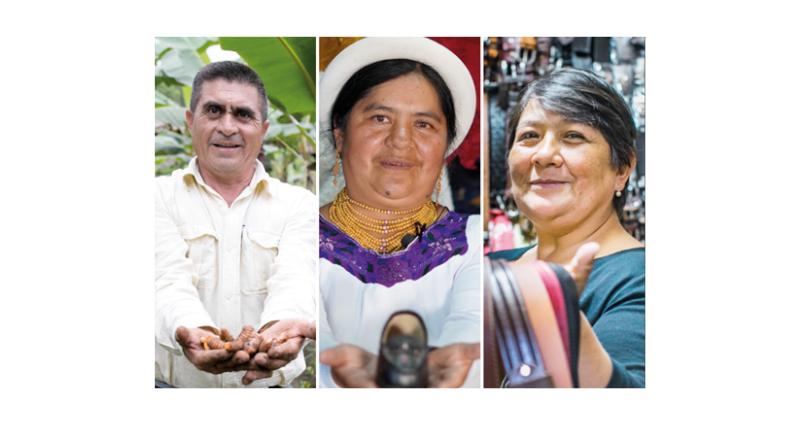
The National Popular Finance Corporation (CONAFIPS), with a track record of 12 years, grants 7 out of 10 loans in the second-tier financial market, which places it as the main public financial institution in Ecuador in the Popular Economy segment. and Solidarity. The recipients of the CONAFIPS credits are the savings and credit cooperatives (COAC) which, in turn, provide financing to their members, improving economic inclusion and the quality of life of micro and small producers.
Since 2018, CONAFIPS has been working hand in hand with CAF –Development Bank of Latin America and the Caribbean– to promote the inclusion and financial development of micro, small and medium-sized enterprises (MSMEs). In 2022, CAF’s support represented 37% of the total amount of credit operations carried out by CONAFIPS and, in 2023, this alliance is strengthened with a new approval for USD 75 million.
CAF has supported CONAFIPS with the approval of credit lines and long-term loans for a total of USD 190 million and the disbursement of USD 118.75 million between 2018 and 2023, which have resulted in almost 16,300 loans granted to the savings and credit cooperatives to benefit access to financing for associated MSMEs.
This joint action by CAF and CONAFIPS is part of the need to improve financial inclusion in Ecuador: just over half of the Ecuadorian population did not have access to an account at a financial institution in 2017, slightly above the average for America Latin America and the Caribbean (54%), while this figure was reduced to 46% by 2021, according to the Global Findex Database 2021, thanks to the efforts in terms of financial inclusion carried out by public institutions -among which the work of CONAFIPS– and private companies in the country that are working on the design and implementation of a National Strategy for Financial Inclusion.
CAF and CONAFIPS have worked collaboratively to promote greater financial inclusion of women, not only as individuals but also as leaders and/or owners of MSMEs. In this way, they not only seek to improve access to financing for Ecuadorian MSMEs, but also the financial inclusion of Ecuadorian women. According to CAF’s Financial Capability Survey, in 2020 Ecuadorian women reported a disadvantage compared to men in the indicators of inclusion, well-being, resilience, vulnerability, knowledge and financial behavior.
In order to reduce these gaps, CAF loans to CONAFIPS have benefited 10,352 women between 2018 and 2023. Likewise, between 2020 and 2021, CAF has accompanied CONAFIPS with a series of workshops to identify and make visible the financial needs of COAC users, as well as to design financial education programs with a gender perspective and behavioral economics, in order to cover gender gaps and, finally, guarantee greater financial inclusion for women. These actions, together with others implemented by the Ecuadorian government, have allowed the financial inclusion of Ecuadorians to improve: while in 2017 43% had an account in the financial system, in 2021 this figure increased to 58%.
Finally, and attentive to the environmental needs of the new millennium, CAF supported CONAFIPS with technical cooperation funds for a total of USD 263,000. In 2020, USD 113,000 was allocated to design and implement an Environmental and Social Risk Analysis System (SARAS) in CONAFIPS. This development of the CONAFIPS was taken as a reference and regulated by the Superintendence of Popular and Solidarity Economy of Ecuador for its implementation by the COACs. For this reason, in 2022 CAF decided to support the COACs of Ecuador with a technical cooperation for USD 150,000 to finance the design of a SARAS web tool for more than 200 COACs that allows them to characterize environmental and social risk, as well as the preparation of 48 sectoral guides to good practices, a sustainability report and a methodology for evaluating environmental, social, administrative, financial and corporate governance performance for the COACs.
The SARAS web tool has generated positive comments from international organizations such as IDB, AFD, UNDP, the World Bank, the Government of Colombia, among others; due to the ease of use and compliance with national and international regulations on environmental and social risk analysis.
These supports complemented, in turn, a line of green financing that has allowed CONAFIPS to implement a green credit destined to finance activities that take into account environmental protection and mitigation and adaptation to climate change.
All these efforts in terms of improving financing for MSMEs and financial inclusion, with an emphasis on reducing gender gaps and environmental preservation, led by CONAFIPS with the support of CAF credits, would have positive impacts on indicators of economic performance and quality of life. of the members of the COAC, linked to the Sustainable Development Goals 1 (end of poverty), 5 (gender equality), 8 (decent work and economic growth), 12 (responsible production and consumption) and 13 (action for the weather).
In particular, based on the available evidence, it can be concluded that the loans that CAF grants to CONAFIPS increase the productive financing directed to MSMEs – which is around USD 8,000 – through the COACs, which increases production by up to 6% and employment between 4 and 24%, as well as sales.
Authors:
CAF: Cecilia Paniagua, Julio de Armas, Barbara Auricchio, Diana Mejía, Oscar Vargas, Mauricio Velásquez.
CONAFIPS: Roberto Romero, Francisco Garzón and Jessenia Cazco
If you want to know more about CAF’s impact, click here.
All these efforts in terms of improving financing for MSMEs and financial inclusion, with an emphasis on reducing gender gaps and environmental preservation, led by CONAFIPS with the support of CAF credits, would have positive impacts on indicators of economic performance and quality of life. of the members of the COAC, linked to the Sustainable Development Goals 1 (end of poverty), 5 (gender equality), 8 (decent work and economic growth), 12 (responsible production and consumption) and 13 (action for the weather).
In particular, based on the available evidence, it can be concluded that the loans that CAF grants to CONAFIPS increase the productive financing directed to MSMEs – which is around USD 8,000 – through the COACs, which increases production by up to 6% and employment between 4 and 24%, as well as sales.
Authors:
CAF: Cecilia Paniagua, Julio de Armas, Barbara Auricchio, Diana Mejía, Oscar Vargas, Mauricio Velásquez.
CONAFIPS: Roberto Romero, Francisco Garzón and Jessenia Cazco
If you want to know more about CAF’s impact, click here.


